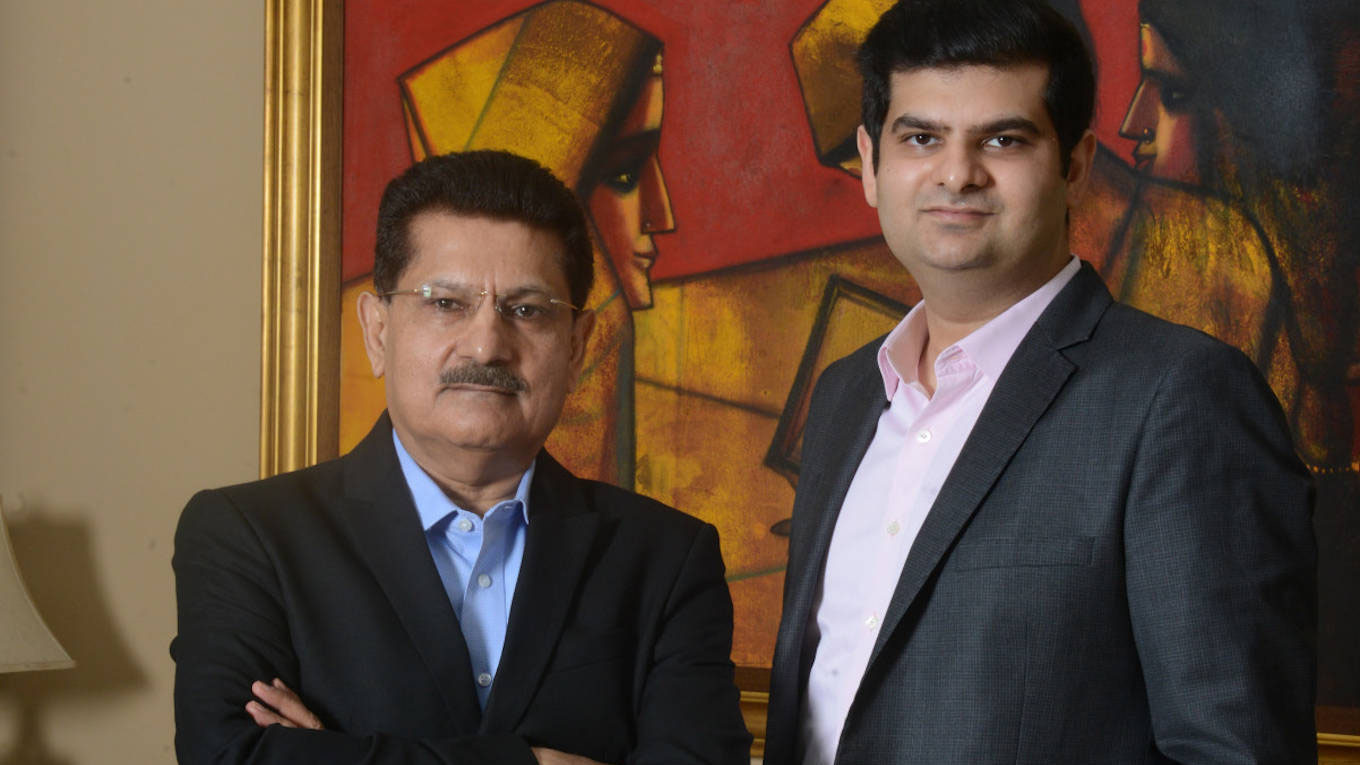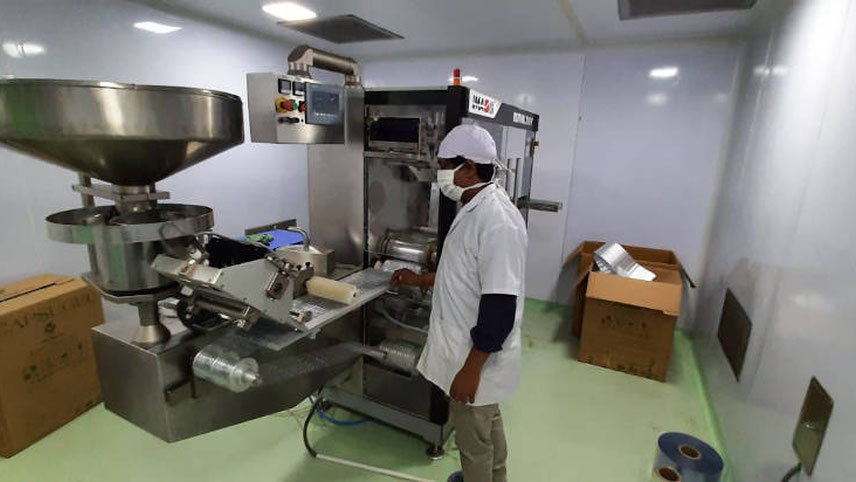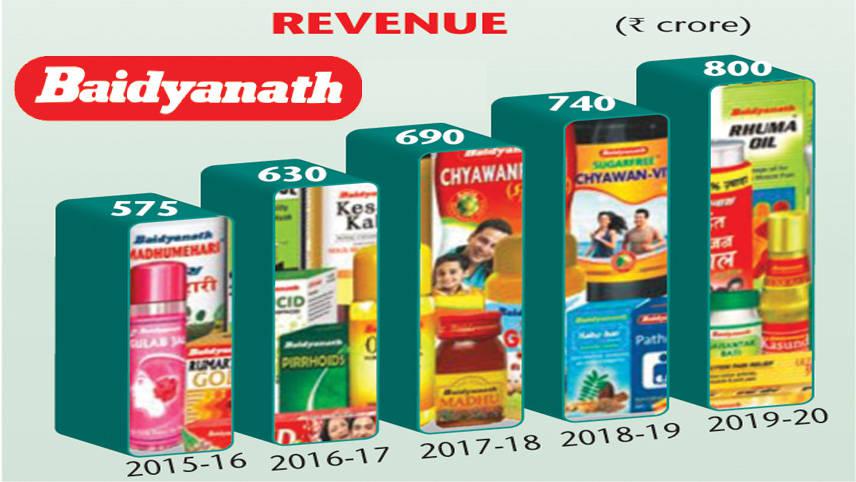Ayurveda, the Indian system of medicine, is a form of alternative healthcare that uses natural herbs. But the lack of scientific validation for ayurveda has discouraged the growth of the market. However, in recent years, as a holistic healing system, ayurveda has witnessed an evolution in the form of products and services, due to the rising awareness of the benefits of a healthy lifestyle and government initiatives leading to market growth. The guesstimated market for Indian ayurveda is Rs30,000 crore today, and this is expected to grow further by 15 per cent. Creating awareness of the effectiveness of traditional medicine with the help of government support has now become essential. Despite several challenges, the century-old ayurveda group, Baidyanath, is a dominant player in the segment today, and has stayed relevant all along. “Our USP is the immense knowledge of classic ayurveda we have acquired over the century,” says Ram K Sharma 70, managing director, Baidyanath. “We also have to live up to the customer’s trust with our quality.” The ayurvedic market is driven by a variety of healthcare and personal care products and services. While personal care encompasses skincare, oral care, hair care, etc, the health care range includes medicines, nutraceuticals and dietary supplements. The company has a strong network of herb growers and it sources only the purest herbs from indigenous locations in the country. From chyawanprash, ghee and herbal churnas to a wide range of women’s wellness products, the company covers a huge array of herbal and effective medicines, with an aim to provide relief as well as a cure to everyone, irrespective of age group. The company has over 700 products. Modern unit Baidyanath reflects a mindset in which product manufacturing is accompanied by intensive research and investment. The company has set up its first WHO-certified unit in its existing Joka facility in West Bengal at an investment of Rs10 crore. The new state-of-the-art unit at Joka is the pride of the company, and has an automated production line with no human contact and fail-safe testing equipment. The unit is fitted with air humidity regulators, and entry and exit of personnel is strictly controlled. The 7,000-sq ft unit is expected to produce ayurvedic capsules, powder and tablets. “All our plants were previously GMP-certified; this is the first WHO-certified unit of the company primarily meant for the export-quality products. We have been flooded with export enquiries,” explains Ameve Sharma, Ram K. Sharma’s son and president, Baidyanath. An MBA from INSEAD, Ameve plans to replicate this unit for future upgradation of the company’s other manufacturing facilities. Baidyanath exports its lifestyle brand Goodcare to Europe, the US, Africa, Russia and the South Asian countries. It now plans to double its exports to 20 per cent of the company’s total revenue, from the 10 per cent at present. The Baidyanath group has been specialising in ayurvedic medicines since 1917, when it was founded by Pandit Ram Dayal Joshi (R.K. Sharma’s father) and his brother Ram Narayan Sharma, a doctor, at Baidyanath Dham in Bihar (Now Jharkhand). Their vision was to provide readily available, effective ayurvedic medicines to the people of India. Fame and appreciation came Baidyanath’s way, when it played a crucial role during the malaria outbreak in the 1920s. This honour is forever etched in the mind of everyone associated with Baidyanath who strives to achieve the same level of excellence and set new standards.
-

Sharma and son Ameve: immense knowledge of ayurvedic medicine; Photo: Sajal Bose



































